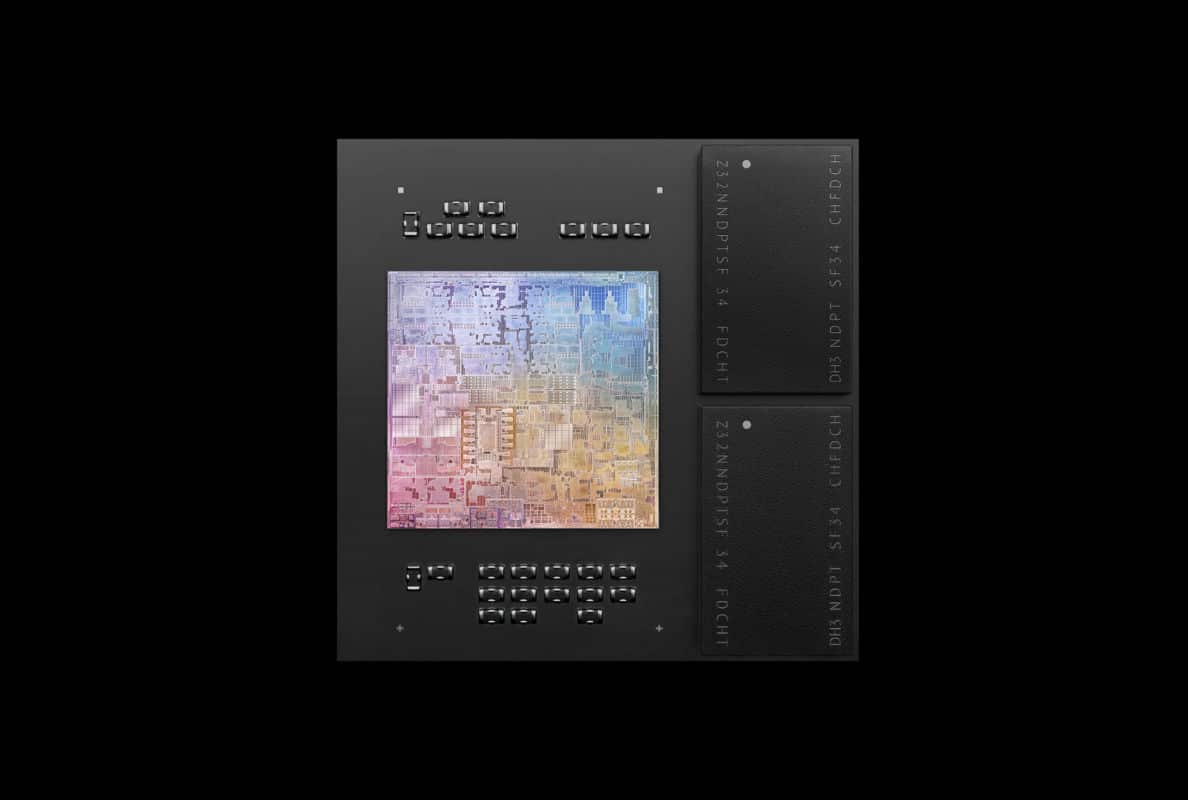
The US has lost its leadership in chip manufacturing, now foundries such as Samsung or TSMC are at the forefront. The world of semiconductors is changing. AMD has been going strong, while Intel is going through tough times. But ... could it be the beginning of the end of the x86 era and the beginning of ARM?
Although there are still a multitude of software for x86 and the end seems distant, it is true that much progress has been made in terms of the packages that are already compiled for ARM. And the truth is that the success that Apple may have with its own designs is going to be looked at with a magnifying glass by others. Qualcomm has been trying for a long time to enter the PC world with its Snapdragon, and they are not the only ones, there are more like Huawei, etc. And if that is not enough, RISC-V it will also come at some point ...
The ISA ARM is increasingly expanding into new horizons, and what was seen in the Apple presentation has generated great expectation. Apple silicon has borne its first fruit, the M1 is the chip for their teams after being dumped from Intel. The seen seems quite interesting, and the first results in benchmarks, like those of Geekbench, seem very promising ...
Be that as it may, others may want to try their luck with their ARM chips on the PC after this step from Apple. That would certainly be good news, since not only could you have a different platform, but developers would have powerful workstations to be able to compile from them natively (and forget about cross-compilation or cross-compilation), as well as testing your code. Linus Torvalds hinted a while ago that it would be great to have ARM teams to work on ...
In addition, many x86 technologies and parts They have been brought to other platforms as well, which makes things easier. For example, there is already UEFI support in ARM and RISC-V, or ACPI is supported in ARM, and even standard PC motherboard form factors can be used on these platforms, graphics cards and components designed for x86 architectures (graphics cards , hard drives, etc.). That is, the ecosystem that already exists for x86 can be leveraged.
The result? Well, we'll have to wait, but x86 may not be the only truly competitive, high-performance family soon ...
This is what the Chromrbook has been doing with ARM, setting a trend